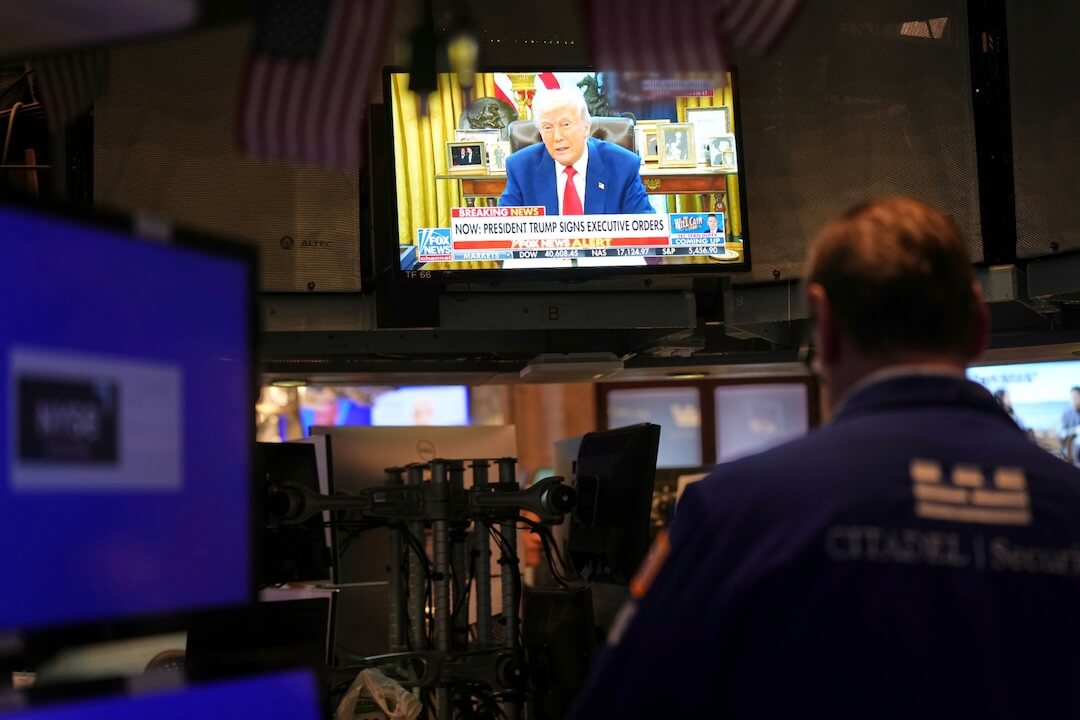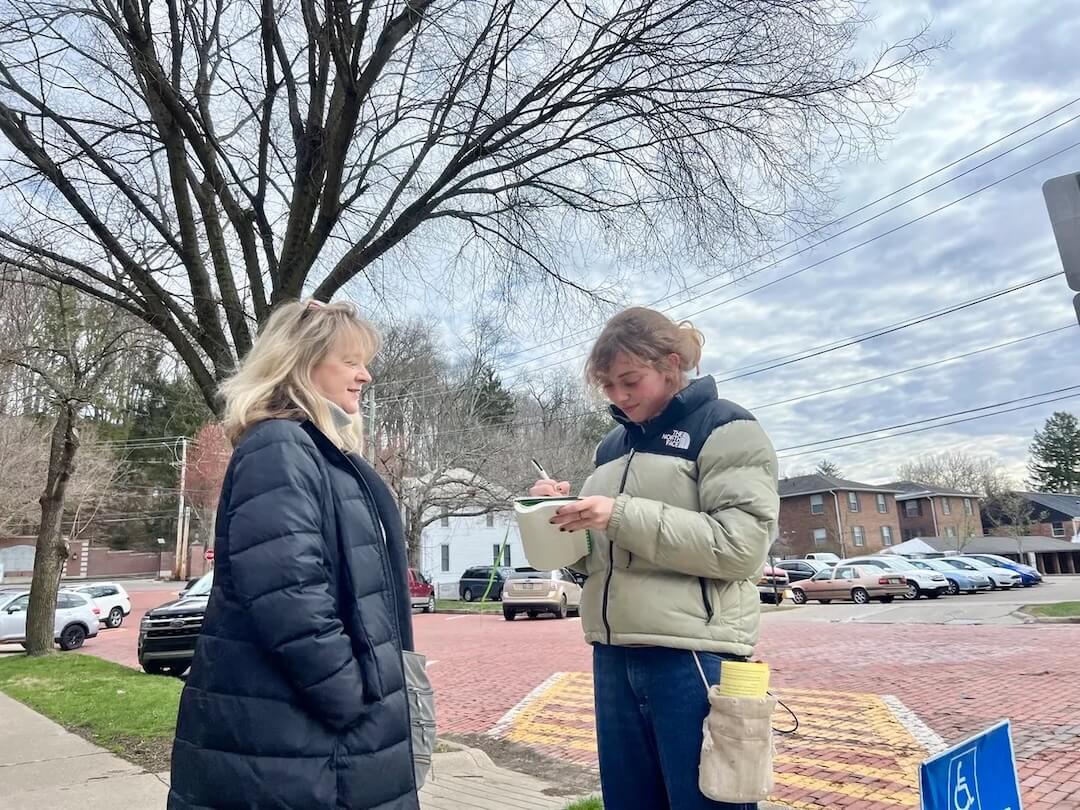This piece originally appeared in Local Edition, our newsletter devoted to the telling stories of local journalists. Want to be part of the conversation? You can subscribe here.
“I’ve been thinking about how to tell the story of what’s happened in my city since George Floyd was killed,” Mark Vancleave tweeted this week. “This my first step toward an answer.”
The video journalist with The Star Tribune shared that first step — a video that captured hurt and hope in Minneapolis after George Floyd was killed by a police officer, who knelt on his neck for more than eight minutes.
You can see it below:
Vancleave, who’s on furlough this week, wasn’t available to talk with Poynter. His colleague, Jenni Pinkley, was. The video offered The Star Tribune a chance to do more than just capture all that’s happened since Floyd’s death. It was a chance to listen to community members and share their experiences back with the community.
“It’s pivotal to seeing that the anger and pain is turning into something else,” said Pinkley, a senior producer and editor for multimedia.
The project itself, Tomorrow Together, has turned into something else, too.
The Star Tribune is one of three newsrooms working with Poynter’s yearlong project, VidSpark. It’s funded by Google News Initiative with the goal of helping local newsrooms reach a new generation through shareable social-first video.
The original idea behind Tomorrow Together was to explore what the future looks like for Gen Z, said Ahsante Bean, my colleague and Poynter’s video strategist. That turned in to figuring out what getting through the pandemic looks like, from staying healthy to dating to staying on track with career plans.
And it changed again after the death of Floyd, which resparked a Black Lives Matter movement around the country. But the heart of the project still worked.
“It was still, how are we going to get through this time together?” Bean said. “But now it’s a different challenge.”
She wanted to see what people in Minneapolis were thinking and feeling. She wanted something with more context than what national news provides. Something deeper. And social-first video was the perfect format.
Then, she saw the footage Vancleave had collected from days of reporting.
“I thought it was just so hopeful and a perspective that I wasn’t seeing.”
The video didn’t happen right away. It took time for the newsroom to pull back from breaking news coverage and look at the big picture, but having the project has given them the chance to do that, Pinkley said.
One difference: Social-first videos are longer than most news sites will post.
“These are videos that are five to nine minutes long,” Bean said, “so it’s sustaining an audience and providing more context around issues as opposed to what’s just happening today.”
Another: They have a host — in this case, Vancleave, to walk viewers through what they’re seeing.
The Star Tribune does not plan to change direction again with Tomorrow Together. The story they told with their latest video is a space they plan to stay in. For the next episode, they’ll look at the community of artists painting the sheets of plywood nailed up around town, then police reform efforts.
The project is a chance to reach new audiences. The process is helping Star Tribune journalists work in new ways. And the subject is one that will be hard to pivot from.
“I feel like this is such an important news story,” Pinkley said, “and such an important time of change in this community.”
Kristen Hare covers the business and people of local news for Poynter.org and is the editor of Locally. You can subscribe to her weekly newsletter here. Kristen can be reached at khare@poynter.org or on Twitter at @kristenhare.







